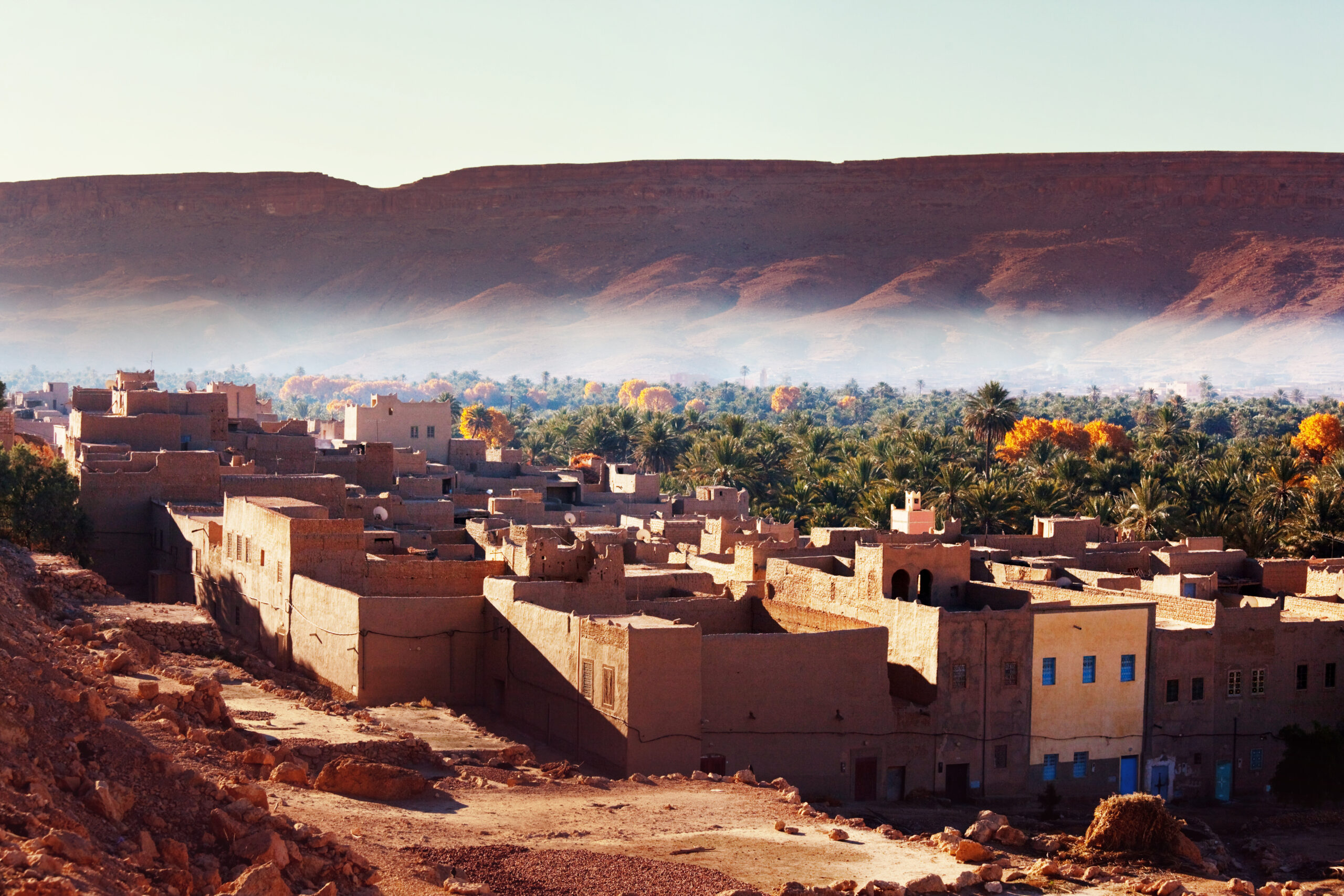Hey guys, so you might’ve heard that Morocco just got hit by a massive 6.8-magnitude earthquake. This happened on a Friday night and has been devastating. Around 300 people have died, and places like Marrakech have seen some serious damage. This was the biggest quake to hit this area in over 100 years, so it’s got everyone talking about how we should be more prepared for stuff like this.

What Actually Went Down
The earthquake happened in the High Atlas mountains, and it was pretty shallow—only about 18.5 kilometers deep. The epicenter, or the quake’s starting point, was about 72 kilometers away from Marrakech. This city is a big deal; it’s not just a cool place for tourists but also a cultural center with around 840,000 people living there.
The aftermath is heartbreaking. According to the Moroccan government, 296 people have died, and 153 are injured. Many people had to spend the night outside, worried about aftershocks. Meanwhile, rescuers were digging through rubble trying to find survivors, and hospitals were asking for blood donations.
Problems They’re Facing Now
The mountainous areas near where the quake happened are in a tough spot. Roads are messed up, making it hard for rescuers and aid to get through. The Moroccan military has been warning people about potential aftershocks, so the danger isn’t over yet.

Was This a Surprise?
Sort of, but not really. The USGS says earthquakes this big aren’t common around here, but they’re not impossible either. The last major quake was way back in 1900, so people had kinda let their guard down. A lot of buildings in the area aren’t built to withstand quakes, which is something that needs to change ASAP.
What’s Going on in Marrakech?
Marrakech is a super historic city and a UNESCO World Heritage site. It got hit hard by this earthquake—buildings and historic sites have taken damage. People in the city have been coming together, though, helping each other out. They’re in shock, but they’re sticking together.
Why Marrakech Matters
Besides being a hotspot for tourists (it saw nearly 3 million visitors in 2019 before COVID), Marrakech is also a big deal economically for Morocco. It’s the country’s fourth-largest city and plays a huge role in its economy. So, getting it back on its feet is crucial.
It’s Not Just Marrakech
People even felt this quake in Rabat, the capital of Morocco, which is pretty far from the High Atlas mountains. The ground shook, doors were swinging open and closed—it was scary.
So, right now, Morocco has to deal with a lot—fixing buildings, helping people, and getting ready for any future quakes. It’s a sad situation, and our hearts go out to everyone affected. We need to remember how important it is to be ready for natural disasters like this one, no matter where we are.
As we take all of this in, let’s remember to stick together and support Morocco as they go through this tough time. It’s about human resilience and coming together when things get rough.
FAQ: What You Need to Know About the Morocco Earthquake
What happened in Morocco?
A powerful 6.8-magnitude earthquake struck Morocco, specifically in the High Atlas mountain range. The quake hit around 11 p.m. local time and was about 72 kilometers away from Marrakech. It caused significant loss of life and damage, especially in and around Marrakech.
How many people were affected?
According to Morocco’s Interior Ministry, around 300 people have died, and 153 are injured. Many people had to sleep outside because they were afraid of aftershocks.
Was Marrakech the only city affected?
No, although Marrakech was hit hard, the impact of the earthquake was felt even in Rabat, the capital of Morocco. It’s just that Marrakech is closest to the epicenter, so it saw the worst of it.
Are aftershocks expected?
Yes, aftershocks are a concern. The Royal Moroccan Armed Forces have warned people to stay vigilant for possible follow-up tremors.
What challenges are rescue teams facing?
The main issues are in the mountainous areas near the epicenter. Roads are severely damaged, making it tough for rescuers to reach people who need help.
How are health services coping?
Hospitals have called for urgent blood donations to help the injured. Many health services are stretched thin trying to manage the situation.
Was this earthquake unexpected?
The USGS has mentioned that while earthquakes of this magnitude are uncommon in Morocco, they aren’t impossible. The last significant earthquake in this region was in 1900, so this event serves as a wake-up call.
What’s the situation with Marrakech’s historic sites?
Marrakech is a UNESCO World Heritage site, and many of its historic buildings and sites have been damaged. Efforts will be needed to restore these culturally significant locations.
How can I help?
There are various organizations collecting donations to help with the rescue and relief efforts. Donating to reputable charities or volunteering your time and skills, if possible, can go a long way in helping those affected.
What should we take away from this event?
This disaster shows the importance of being prepared for natural calamities, even in areas where they haven’t occurred for a long time. It also highlights the resilience and unity that communities can show in times of adversity.
I hope this FAQ clears up some of your questions about the devastating earthquake in Morocco. Let’s all do our part to help out and keep those affected in our thoughts.
Sources CNN


